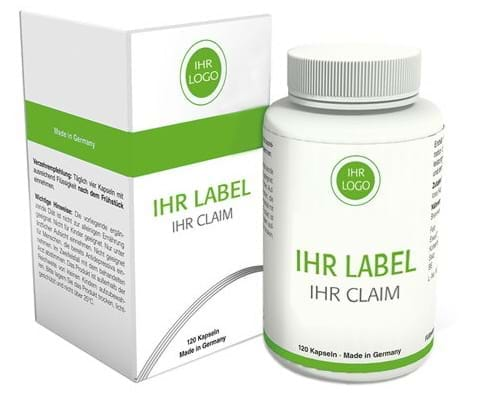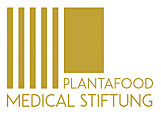Medical devices
Contract manufacturing, Private Label
Plantafood Medical GmbH manufactures class I medical devices in the fields of appetite Suppression and wound care.
Medical devices are strictly physically active products that have no pharmacological, immunological or metabolic effects in the body. All medical devices are regulated according to the Medical Devices Act (MPG) and are CE-marked according to these strict regulations in order for them to be brought into circulation. CE marking means that medical devices can circulate freely in the European Economic Area and be accessed by over 500 million consumers. The CE marking of medical devices is carried out by the designated authorities and is subject to constant monitoring.
Class I medical devices
Legal definition “Class I medical devices”
The term “medical device” denotes any article or substance intended to be used for therapeutic or diagnostic purposes for human beings, the principal intended action of which, unlike that of medicinal products, is not primarily pharmacological, metabolic or immunological, but rather is usually physical or physico-chemical in nature. The distinction between medical devices and medicinal products is important because market access and marketability are regulated differently.
In Germany, the Medical Devices Act (Medizinproduktegesetz – MPG) of 2 August 1994 governs the marketing of medical devices. It serves the national implementation of three European (basic) directives (90/385/EEC [Active Implantable Medical Devices], 93/42/EEC [Other Medical Devices] and 98/79/EC [In Vitro Diagnostic Medical Devices]), which were supplemented or amended by subsequent amending directives, most recently by Directive 2007/47/EC of 5 September 2007 with effect from 21 March 2010. The Medical Devices Act (MPG) and its eight implementing ordinances also contain additional national regulations which primarily serve to monitor medical devices on the market (market surveillance).
Section 3 of the Medical Devices Act (MPG) contains the legal definition(s) of the term medical device in Nos. 1 to 4.
A distinction is made between active and non-active medical devices. Active medical devices are devices powered by an external energy source (electricity, rechargeable battery, battery, thermal or kinetic energy or gas pressure); non-active medical devices are “passive” or powered by muscle power or gravity.
Risk classification
The class of a medical device is legally based on the “vulnerability of the human body” by the respective device. This, in turn, is defined by the manufacturer's intended use with regard to the place and duration of use for its device. The risk class determines the proportional share of third-party inspection or (external) certification as part of the conformity assessment procedure (a procedure for verifying compliance with all statutory product requirements) by an appointed body, which also increases as the risk class increases.
The criteria for classification into 4 risk classes are:
- Duration of application (up to 60 minutes, up to 30 days, longer than 30 days)
- Place of application: Degree of invasiveness (invasive, surgically invasive, implantable),
- Application in the central circulatory system or the central nervous System
- Reusable surgical Instrument
- Active medical device (active therapeutic medical device / active diagnostic medical device)
- Use of biological material from animals or humans
The classes are defined across the EU by Annex IX of Directive 93/42/EEC:
Class I
- No methodological risks
- Low degree of invasiveness
- No (or non-critical) skin contact
- Temporary application ≤ 60 minutes
Class IIa
- Application risk
- Moderate degree of invasiveness
- Short-term applications in the body (in the eye, intestine, in surgically created cavities)
- Short-term ≤ 30 days, uninterrupted or repeated use of the same product
You too can benefit from our almost 20 years of experience as a Full Service contract manufacturer -
we will be happy to advise you.
We remain at your disposal for all questions concerning product development, formula development, the production and marketing of Medical devices class I. Feel free to get in touch and we will be happy to advise you - personally and tailored precisely to your needs.



 Full service made in Germany
Full service made in Germany







